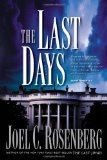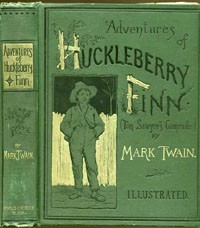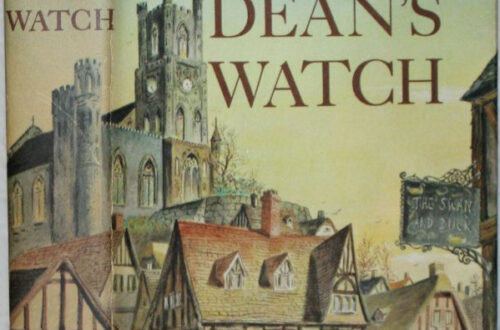The Last Days
 The Last Days is a page-turner — a political thriller about what its author calls the “epicenter” in his best-selling nonfiction book. I read Epicenter for a book club I belong to, and resolved to read one of Rosenberg’s fictional works. I wasn’t disappointed. It belongs, to me, on the shelf with John Grisham. But where Grisham draws from his extensive knowledge of law, Rosenberg draws from an understanding of the Middle East that’s remarkable for both its depth and breadth.
The Last Days is a page-turner — a political thriller about what its author calls the “epicenter” in his best-selling nonfiction book. I read Epicenter for a book club I belong to, and resolved to read one of Rosenberg’s fictional works. I wasn’t disappointed. It belongs, to me, on the shelf with John Grisham. But where Grisham draws from his extensive knowledge of law, Rosenberg draws from an understanding of the Middle East that’s remarkable for both its depth and breadth.
In this second tale of the series (set in 2011), American president James MacPherson — the fictional successor to George W. Bush — launches Jon Bennett, a young Wall Street millionaire, as his “point man for peace” between Israel and Palestine. Yasser Arafat is killed early on in Gaza (the book was published before the real Arafat’s death) by one of his own men in a suicide attack that quickly escalates into full-scale civil war. The plot follows various twists and turns as its protagonist pursues the goal of peacemaking — and self-preservation — through seemingly impossible odds.
The Last Days contains some standard equipment: high speed chases, explosives, state-of-the-art technology, romantic tension, harrowing escapes, diabolical criminals, and tough-minded heroes. Frankly, it was just what I was looking for after the more densely-packed, slow-moving journey of Washington: the Indispensable Man. True confession: I watch 24 faithfully, and this book hit all the same nerves.
However, in addition to a suspenseful and action-packed plot, this book layers on plenty of thoughtful and credible discussion of the real state of things in the Middle East. Just this week, as I was reading, I had several opportunities to reflect on the timeliness and relevance of Rosenberg’s subject. There was this story, for instance, about Middle East sentiment toward a U.S. role in creating peace in the region. There was this story, about George Mitchell arriving in Israel for diplomacy against a backdrop of fighting in Gaza. And there was this one, about Iranian president Ahmadinejad’s response to President Obama. By coincidence, we’ve also been studying the Crusades and the Diaspora in our homeschool history curriculum. So my reading of this novel has occurred in a rich and suggestive environment.
Though it’s fiction, The Last Days invites a sustained reflection on this region, with its long history — far older than the U.S. — of deeply religious territorial conflict. Its title alludes to the ancient prophecies that center around Israel. Are we in the last days? Here is a novel that invites you to consider the question, but if you choose to defer it still stands on its own as a well-told story.
I found this book to be first-rate entertainment with a sobering edge, because its imaginative world is so interlaced with a geopolitical story unfolding in deadly earnest. Because of this intensity, I don’t know that I could race through Rosenberg’s other novels all at once. But I do come away impressed with a desire to listen more attentively to the news coming from this part of the world, and to learn all I can.


